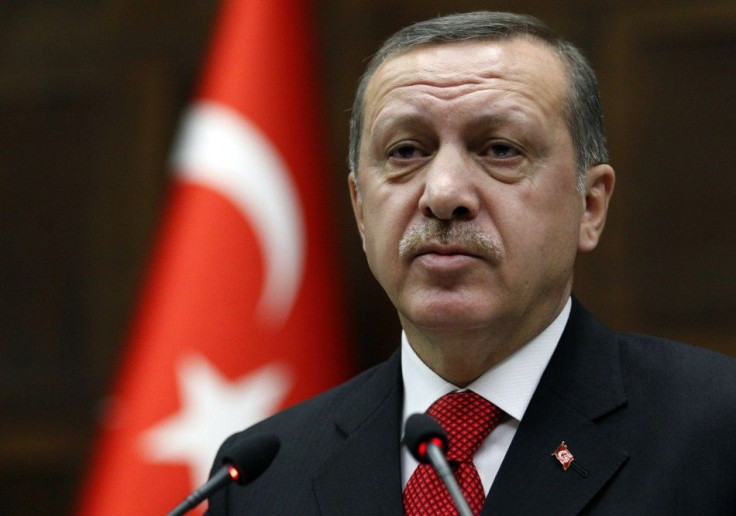Turkish Lira Softens In Aftermath Of Syrian Attack

The value of Turkey's currency has fallen in the wake of an artillery attack by Syria that killed five people and left investors nervous over prospects for an escalation of the conflict.
The Turkish lira exchange rate fell 0.028 percent to 55 cents, after dropping 0.7 percent on Wednesday, the day Syrian shells slammed into a Turkish village, leaving five dead. Turkish 2-year benchmark bond yields rose to as much as 7.60 percent from 7.46 percent but ended Thursday trading flat. The Instanbul Stock Exchange National 100 Index (XU100) fell 0.16 percent to 66,715.15 on Thursday morning, but rebounded up 0.13 percent to 66,909.38 in afternoon trading.
Although the market weakened, long-term investors like pension funds and insurance companies had not moved to dump Turkish assets.
“You can’t expect those guys to make hectic decisions. While they might hold off with further purchases thus leading to some underperformance, it’s too early to assume a massive selloff,” Bartosz Pawlowski, head of Central and Eastern Europe, Middle East and Africa strategy at BNP Paribas told the Wall Street Journal.
The Turkish Parliament approved the use of military action for one year, but Turkish Prime Minister Recep Tayyip Erdogan said the move was defensive.
"We want peace and security and nothing else. We could never be interested in something like starting a war," he said at a Thursday news conference. "The Turkish Republic is a state capable of defending its citizens and borders. Nobody should try and test our determination on this subject."
© Copyright IBTimes 2024. All rights reserved.











